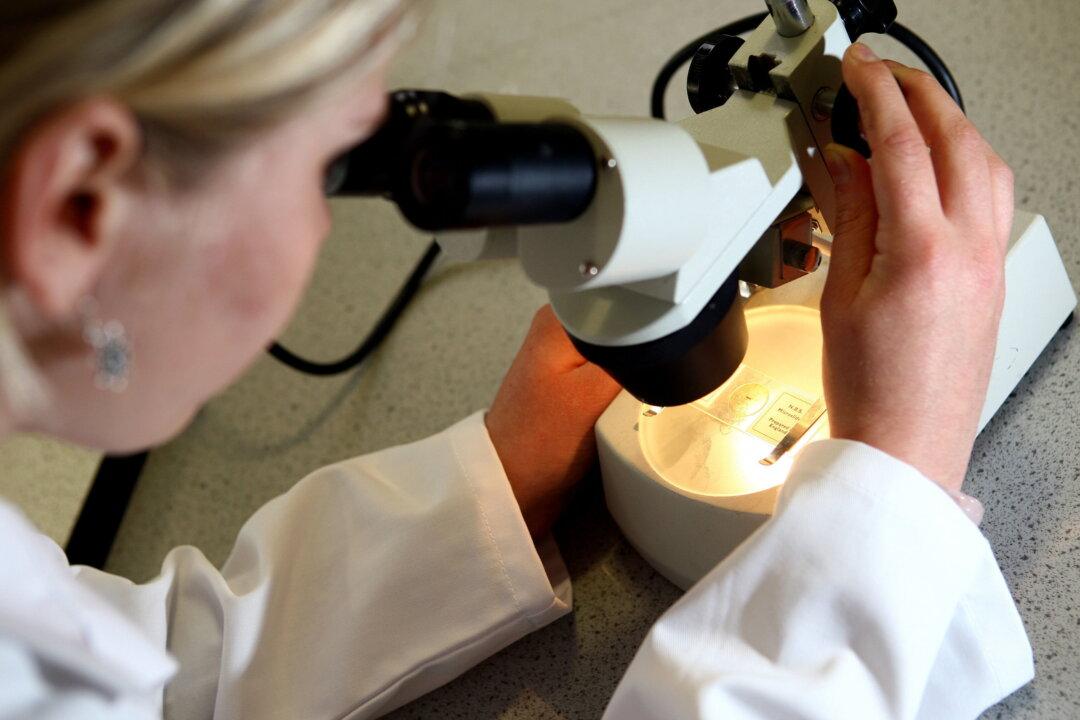Almost three million people were referred for cancer checks in the 12 months between March 2021 and February 2022, NHS England said on Monday.
The National Health Service said the number is the highest on record and up by more than a tenth of the number before the CCP (Chinese Communist Party) virus pandemic.





